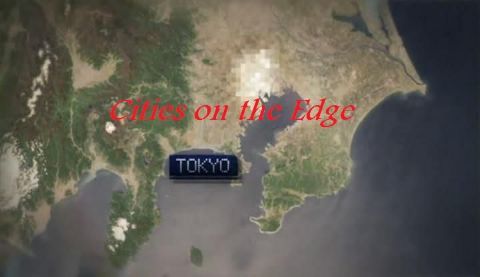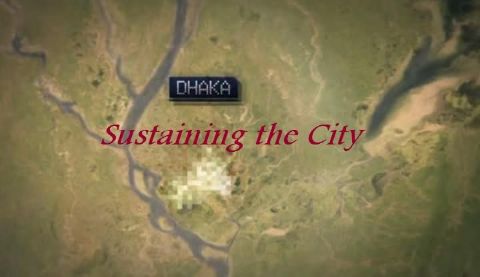Living in the City • 2011 • episode "S1E1" • Andrew Marr's Megacities
In the first episode, Andrew looks at how people live in five of the world's biggest megacities: London, one of the world's oldest megacities; Dhaka, the world's fastest-growing megacity; Tokyo, the largest megacity on Earth; Mexico City, one of the most dangerous cities in the world; and Shanghai, arguably the financial capital of the world. Andrew compares the sleek skyscrapers and rapid modernisation of Shanghai to the colourful street culture and geographic sprawl of Mexico City. He spends a night living in a one-room shack in Dhaka's toughest slum, taking his turn to fetch water, cook and clean; and he rents a friend in the efficient and high-tech, but alienating, city of Tokyo. As he gets under the skin of each unique metropolis, Andrew discovers how the structure of each megacity defines every aspect of its inhabitants' daily lives. And he considers what the megacities of the future can learn from the metropolises of today.
Make a donation
Buy a brother a hot coffee? Or a cold beer?
Hope you're finding these documentaries fascinating and eye-opening. It's just me, working hard behind the scenes to bring you this enriching content.
Running and maintaining a website like this takes time and resources. That's why I'm reaching out to you. If you appreciate what I do and would like to support my efforts, would you consider "buying me a coffee"?
Donation addresses
BTC: bc1q8ldskxh4x9qnddhcrgcun8rtvddeldm2a07r2v
ETH: 0x5CCAAA1afc5c5D814129d99277dDb5A979672116
With your donation through , you can show your appreciation and help me keep this project going. Every contribution, no matter how small, makes a significant impact. It goes directly towards covering server costs.







